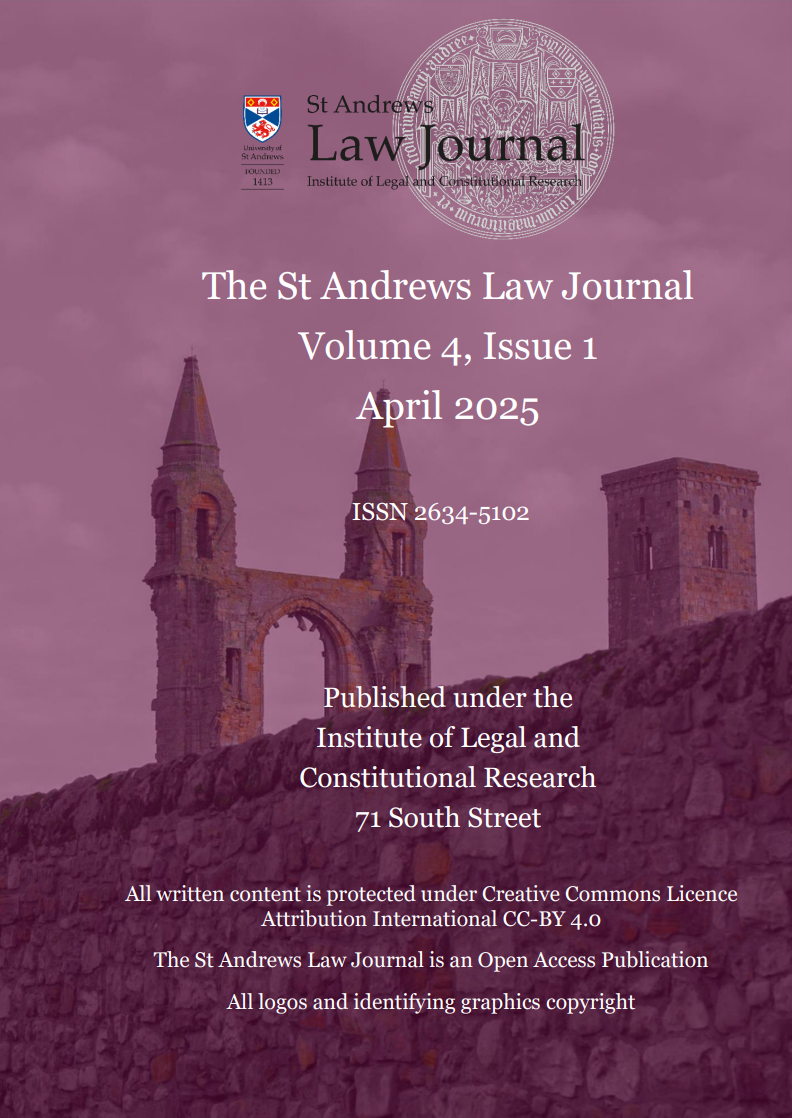The Eroding Fourth Amendment
Main Article Content
Abstract
The Fourth Amendment of the United States Bill of Rights provides Americans with the right to be free from ‘unreasonable searches and seizures,’ as well as being protected from unwarranted collection of certain information. This right has been significantly qualified over the centuries since the nation’s founding, with the Supreme Court and the legislature finding significant exceptions to the warrant requirement in the 20th and 21st centuries. This article provides an overview of Fourth Amendment jurisprudence in the United States, outlining how perceived ‘national threats’ have contributed to increasing surveillance not protected by the Fourth Amendment. Viewing these increasing exceptions through the lens of various ‘national threats’ from the ‘war on drugs’ in the late 20th century to the ‘war on terror’ and public fears about civil unrest in the 21st century, this article argues that there is no significant link between different modes of constitutional interpretation or political affiliation and the erosion of Fourth Amendment Privacy protections. Rather, this article argues that ‘national threats’ have placed more power into the hands of law enforcement over time, and that new technologies have increased the amount of information that can be collected without a warrant as the courts and the legislature fail to protect against warrantless surveillance.
Article Details

This work is licensed under a Creative Commons Attribution 4.0 International License.
Authors who publish with this journal agree to the following terms:
- Authors retain copyright and grant the journal right of first publication with the work simultaneously licensed under a Creative Commons Attribution License that allows others to share the work with an acknowledgement of the work's authorship and initial publication in this journal.
- Authors are able to enter into separate, additional contractual arrangements for the non-exclusive distribution of the journal's published version of the work (e.g., post it to an institutional repository or publish it in a book), with an acknowledgement of its initial publication in this journal.
- Authors are permitted and encouraged to post their work online (e.g., in institutional repositories or on their website) prior to and during the submission process, as it can lead to productive exchanges, as well as earlier and greater citation of published work (See The Effect of Open Access).

